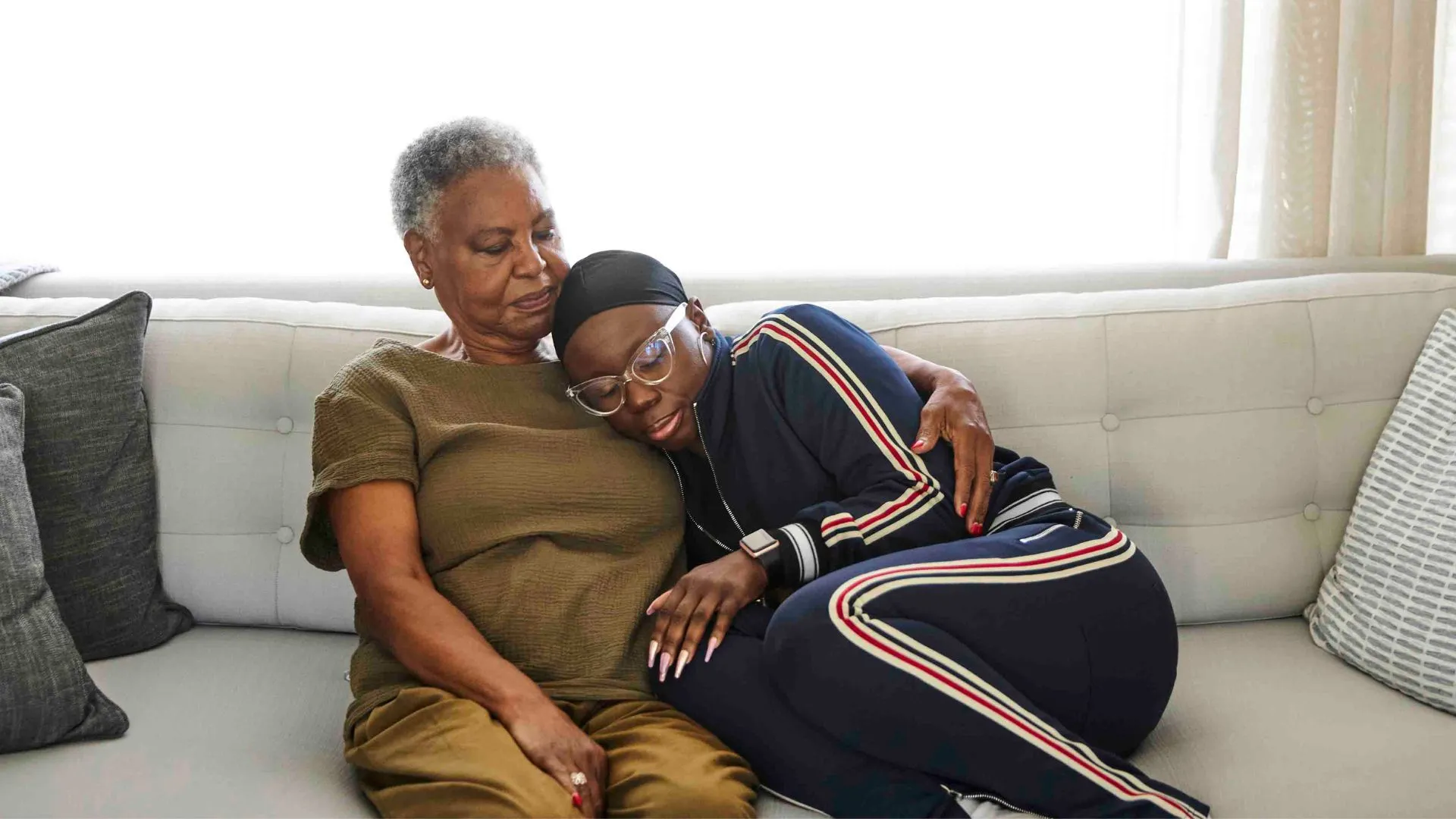Discrimination can increase cancer risk for LGBTQ+ people, says study
Sign up for more LGBTQ+ news and updates at TrueQueer.
A recent study published in the American Cancer Society’s 2024 Cancer Facts and Figures report has shed light on the detrimental impact of homophobia and transphobia on the health outcomes of queer individuals. The report highlighted that the “minority stress” experienced by LGBTQ+ individuals as a result of discrimination can lead to an increased prevalence of risky behaviors, such as smoking and alcohol abuse, which in turn heighten the risk of developing cancer.
According to the report, queer individuals are more likely to engage in harmful behaviors like excessive alcohol consumption and smoking. It stated that lesbian and gay individuals are 27% more likely to smoke cigarettes than their straight counterparts, with bisexual individuals being 66% more likely to smoke. Additionally, transgender individuals, particularly transgender women, are more likely to smoke compared to cisgender individuals.
The study also revealed alarming statistics regarding smoking rates among LGBTQ+ youth, with lesbian, gay, and bisexual students in grades six to 12 being more likely to smoke cigarettes than heterosexual students. These findings underscore the impact of minority stress on the health behaviors of LGBTQ+ individuals.
Furthermore, the report highlighted the detrimental effects of minority stress on a cellular level, noting that psychological stress can lead to biochemical changes such as increased cortisol levels, which can result in chronic inflammation and an elevated risk of cancer and other diseases. The study emphasized that individuals who experience greater minority stress, such as queer people of color or disabled queer individuals, are more likely to exhibit gene mutations related to cancer and experience adverse effects from cancer treatment.
In addition to the direct impact of discrimination on health behaviors and outcomes, the report also addressed the issue of discrimination within healthcare settings. It noted that LGBTQ+ individuals often face harassment, micro-aggressions, and violence in healthcare settings, with incidents of discrimination being most prevalent among people of color. As a result, more than half of LGBTQ+ adults have reported experiencing harassment in healthcare settings, leading to avoidance of seeking medical help.
The report called attention to the barriers faced by LGBTQ+ individuals in accessing high-quality healthcare, including limited provider knowledge of LGBTQ+ patient needs and discrimination within healthcare settings. It emphasized the importance of addressing these barriers to achieve health equity for LGBTQ+ individuals.
Moreover, the study highlighted the impact of discriminatory policies on healthcare outcomes for LGBTQ+ individuals. It pointed out that in nine US states, including Arkansas and Ohio, medical professionals are legally allowed to refuse care to queer patients based on their sexuality or gender identity. These discriminatory practices can result in poorer outcomes for LGBTQ+ individuals with cancer, including delayed diagnosis, lack of treatment, and lower survival rates compared to cisgender individuals.
The study’s findings are not unique to the US, as similar challenges exist for LGBTQ+ individuals in other countries. A 2021 report revealed that one in seven British trans people have been refused healthcare by their GP due to their gender identity. These disparities underscore the pervasive nature of discrimination and its impact on the health and well-being of LGBTQ+ individuals worldwide.
Follow us on: Facebook for more LGBTQ+ news and updates at TrueQueer.
Homophobia
![]()

